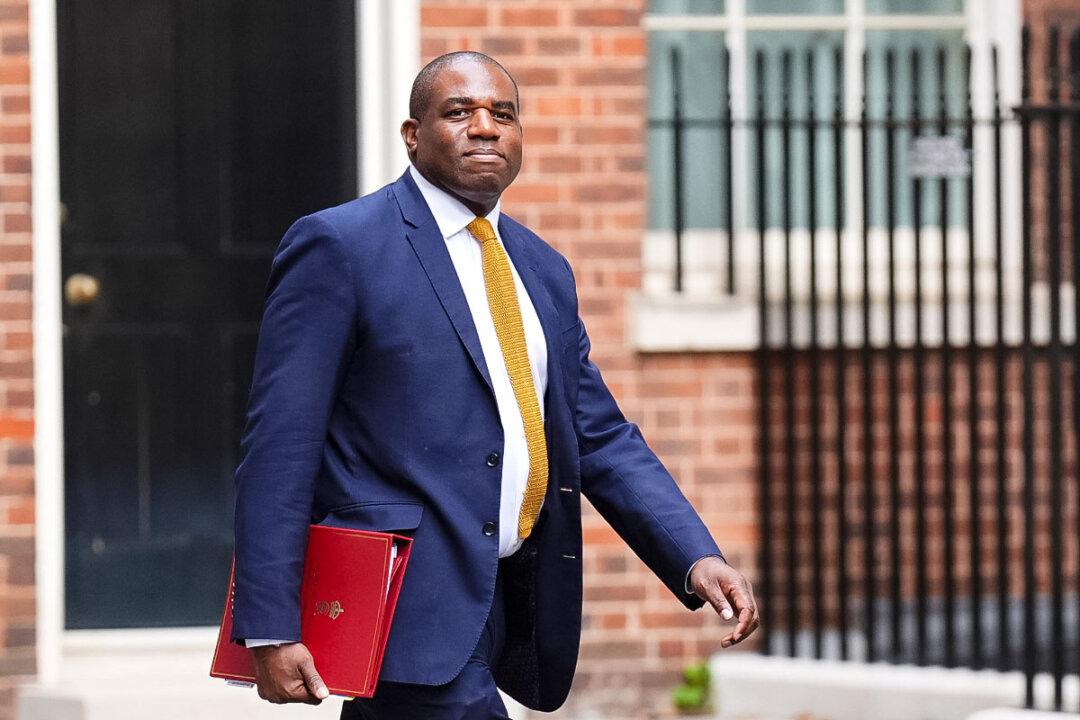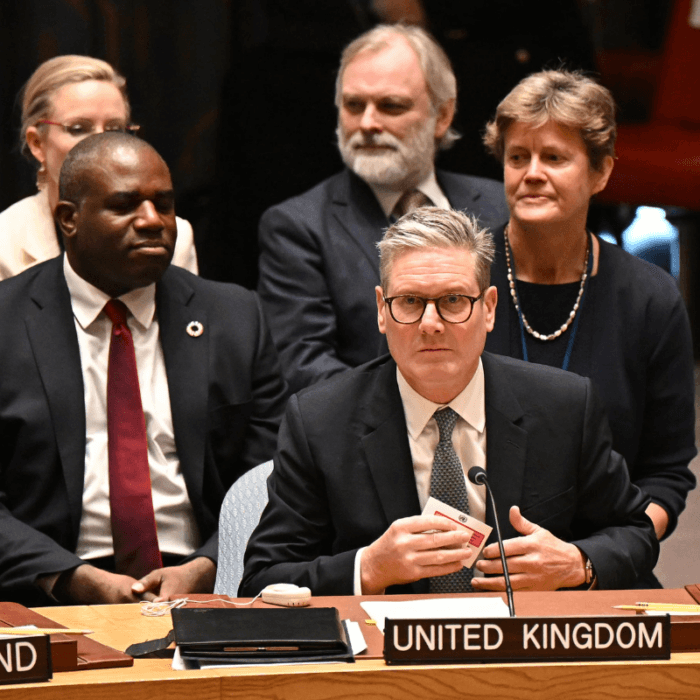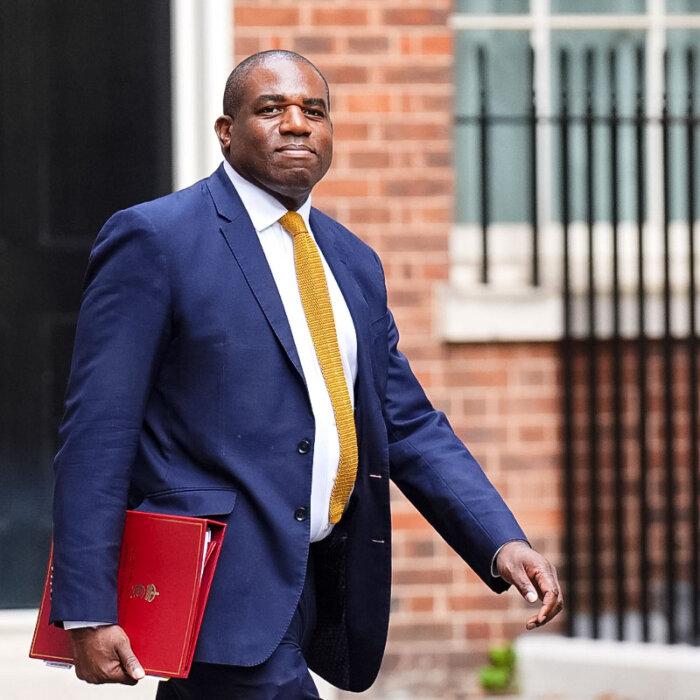Foreign Secretary David Lammy’s visit to Indonesia and South Korea has highlighted Britain’s determination to deepen its ties with the Indo-Pacific nations over security, economic growth and clean energy transition.
Lammy held talks with the South Korean leadership on Monday, following his visit to Jakarta on Sunday.
The visit comes as Ukraine’s president Volodymyr Zelenskyy accused North Korea of sending 10,000 troops to help Russia’s invasion of his country.
Underlining the UK and South Korea’s joint commitment to upholding peace both on the Korean Peninsula and across the globe, Lammy said: “Our South Korean partners have stood side-by-side with us in defence of Ukraine whilst also working to preserve regional stability here on the Korean peninsula. It is a stark reminder of the interconnectedness of conflict, with North Korea supporting Russia and prolonging conflict on Europe’s borders whilst their illegal weapons of mass destruction programme threatens regional security.
Regional Cooperation
The foreign secretary also marked a new chapter in Britain’s relationship with Indonesia, where he attended the inauguration of President Prabowo Subianto on Oct. 20.The Foreign Office wants to see a deeper strategic partnership with Jakarta, one focused on sustainable growth and security.
“Indonesia is a key player in our fight to tackle the climate crisis—and our new governments are working together to build a strategic partnership that delivers green growth, deepens our cooperation on security and ensures a sustainable future for our planet,” said Lammy.
During the visit to Indonesia, Lammy has met with local firms supported by the UK to spearhead green innovations and support sustainable infrastructure development.
According to the government, Indonesia, currently powered mostly by coal, has massive renewable energy potential. Downing Street is keen on using the UK technical know-how and access to finance to support Indonesia’s transition to cleaner energy and creating new economic growth in the process.
In September, the UK Minister for Development Anneliese Dodds visited Indonesia, where the two nations set terms to establish a partnership on critical minerals. The agreement covers such areas as supply chain resilience and sustainable processing of critical minerals.
“Indonesia is a vast country, with a huge population and great economic potential. Strengthening our relationship with Indonesia can help us, together, to tackle the climate and nature crisis while creating sustainable jobs and growth,” Dodds said.
Another area of common interest, addressed by UK ministers, is gender equality, which Dodds described as “the fundamental building block of all healthy democracies.”
In the Republic of Korea, Lammy will visit Ewha Women’s University, where he will discuss female leadership in climate and growth.
The UK has been increasingly focused on establishing deeper partnerships in the Indo-Pacific in recent years.
In July 2023, Britain signed an accession protocol to the CPTPP, a free trade between Australia, Brunei, Canada, Chile, Japan, Malaysia, Mexico, New Zealand, Peru, Singapore and Vietnam.
The agreement will officially enter into force by Dec. 15, 2024 and by 2040 it’s expected to boost the UK economy by around £2 billion annually.
The Ministry of Defence sees security in the Indo-Pacific as “critical” for the UK economy due to Britain’s trade volume with the region.
Hundreds of UK Armed Forces personnel were deployed in the region in the summer for a series of major multi-national exercises across air, land, and sea.







